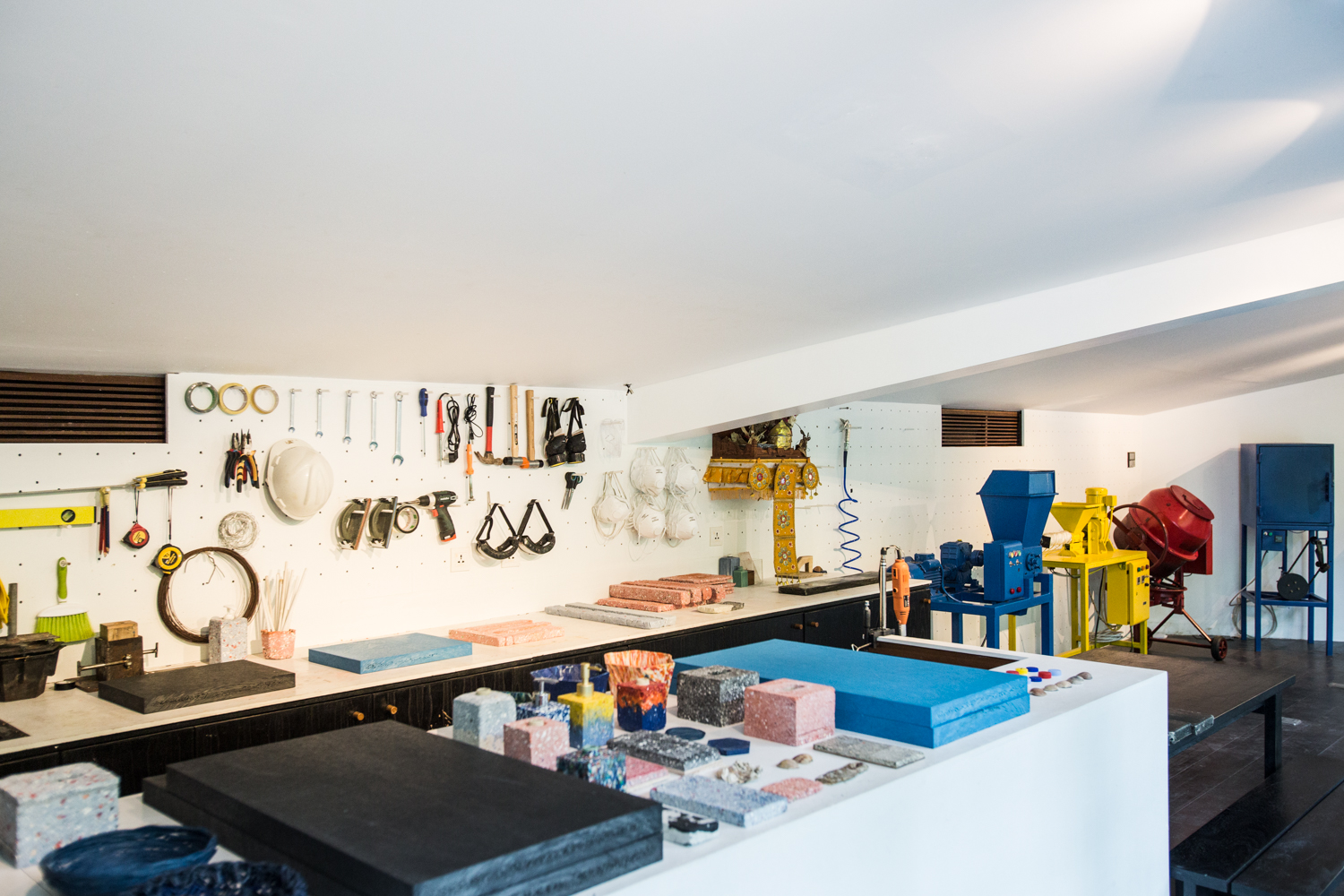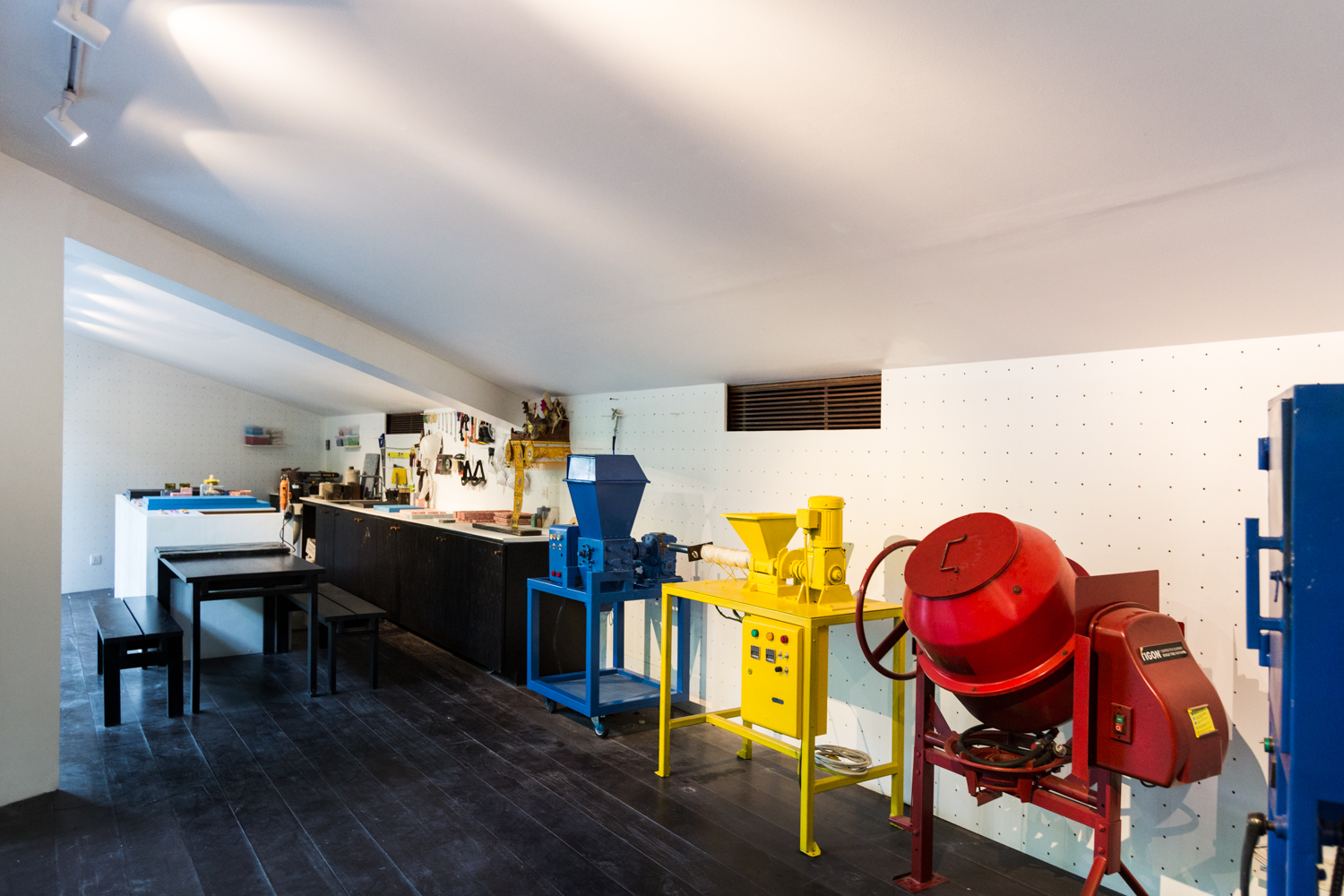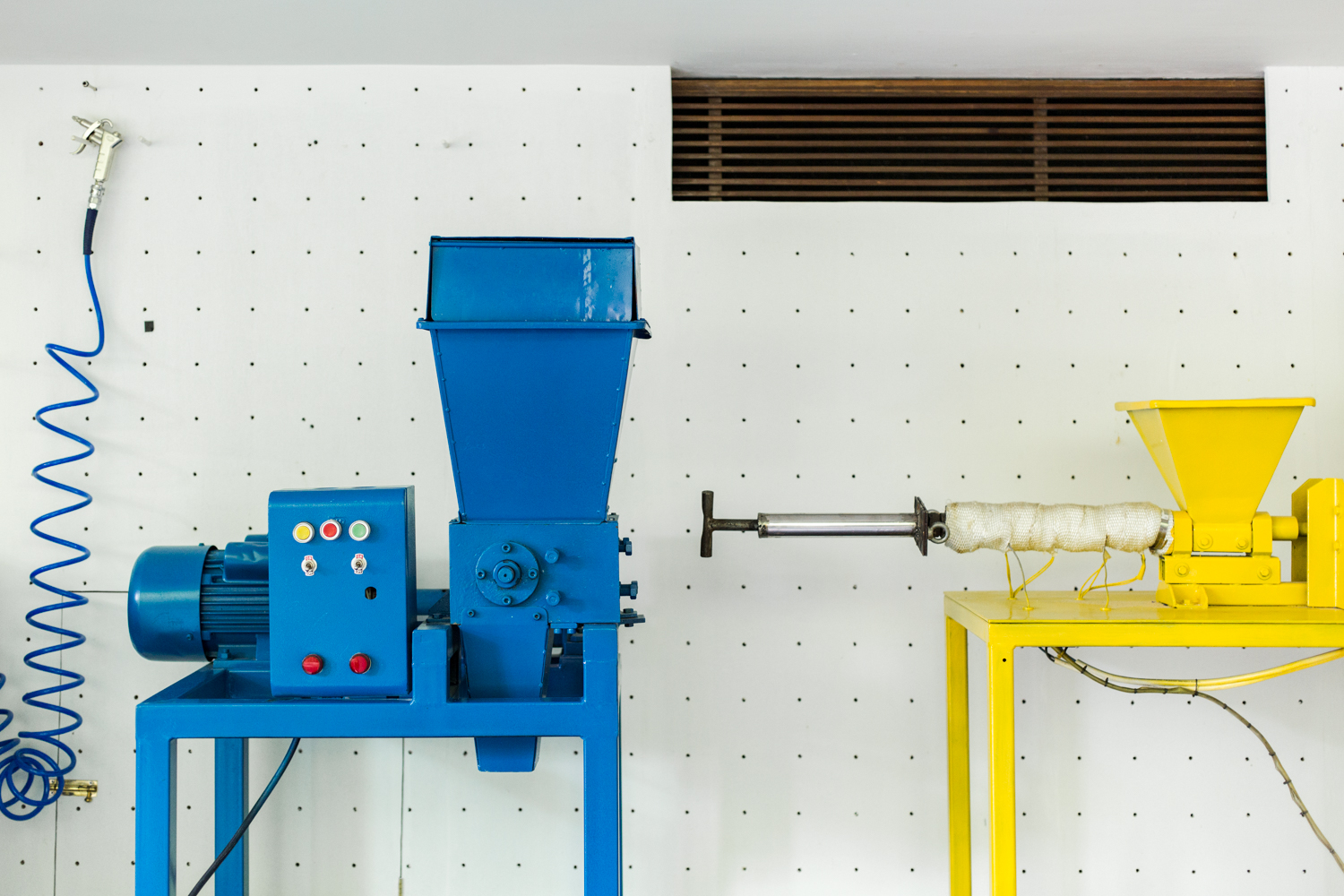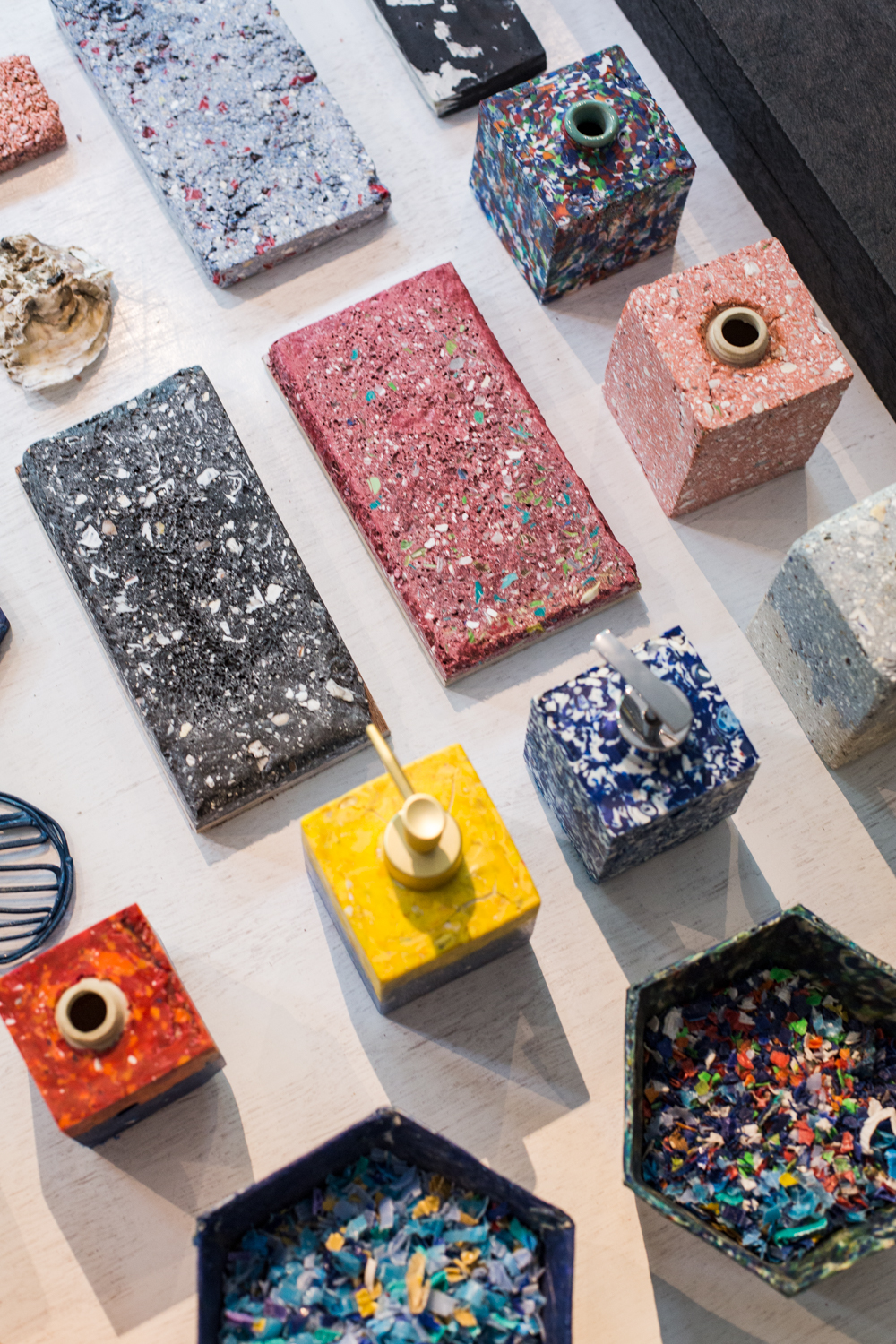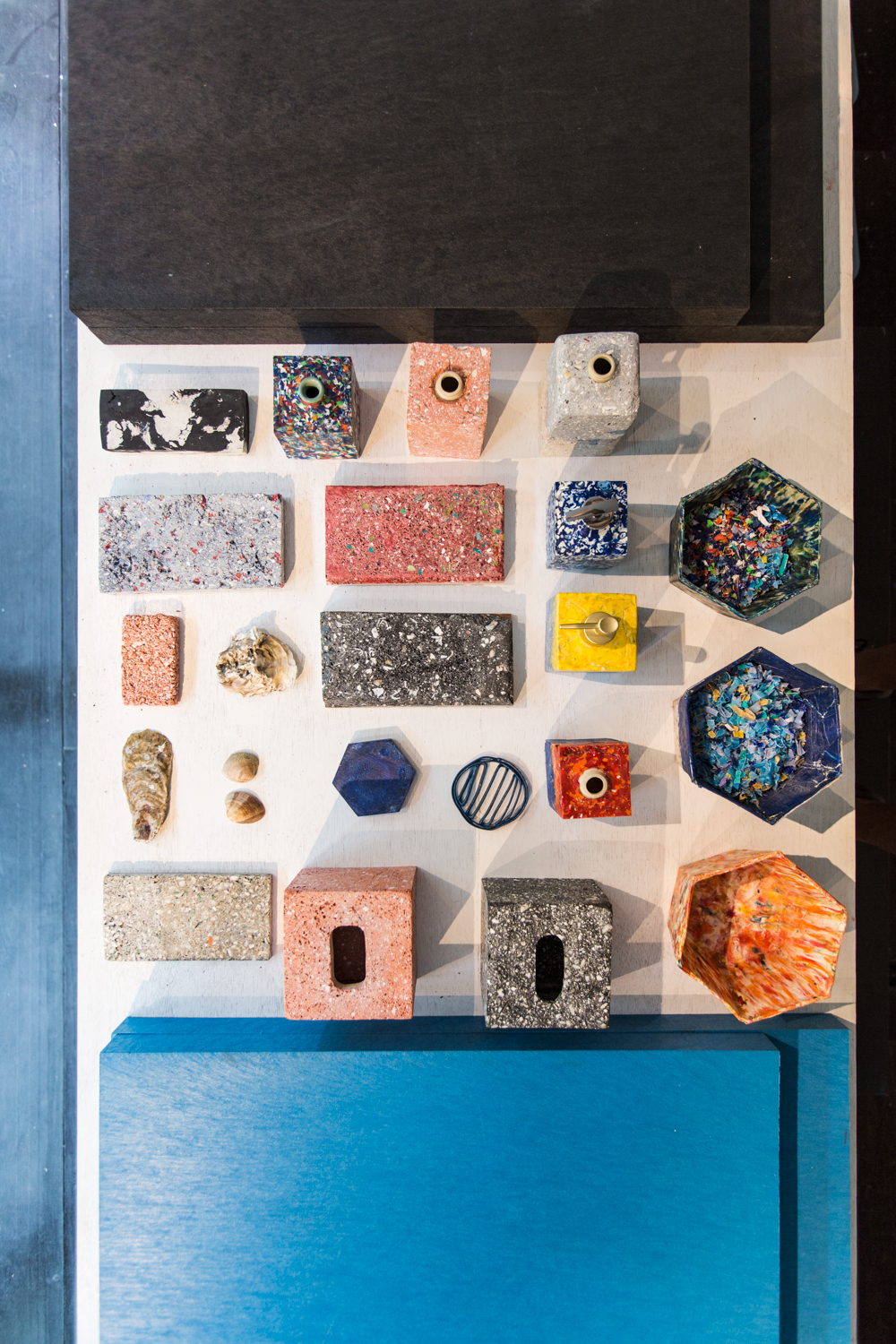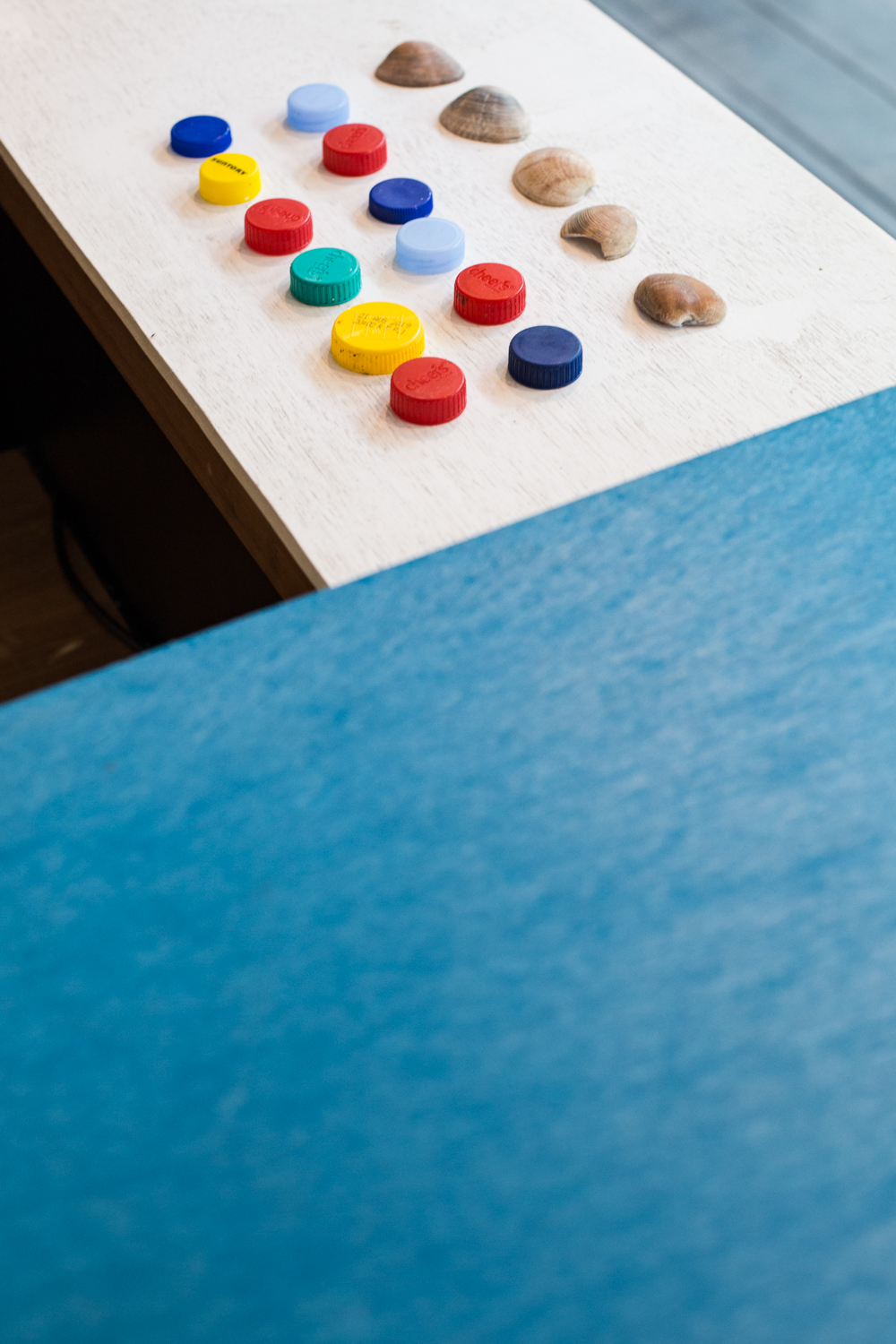When Bali announced a ban on single-use plastics late last year, it set up an example that is expected to be followed by other cities in Indonesia. The island is equally benefiting and harmed from tourism, with experts estimating that up to 80-percent of the trash on its beaches comes from not only villages, but also hotels. But thanks to the ban, it is projected that a 70-percent decline in Bali’s marine plastics will be possible within a year.
Bali has a few pioneers, movers and shakers to thank; one of which is the Potato Head Family. The hospitality company is the owner of several popular establishments in Jakarta, Bali, Hong Kong and Singapore. Sustainably driven, the company has built Desa Potato Head in Bali, which is described as “a multi-disciplinary hub of the future built around a super simple mission: Provide good times and do good in the world.” It’s basically a complex where Potato Head Family’s various properties are located, where guests can “[dance] till dawn or [learn] how to upcycle plastics into products.“
Nestled in the Desa (Indonesian word for “village”) is a research and design workshop, called Sustainism Lab. It is, in its simplest form, a center for experiments for Dewa Legawa and Scott Farren-Price, where the two eco-champions work to transform plastic waste into bricks, chairs or other products for Desa Potato Head. Globetrotter reached out to Scott to get to know Sustainism Lab and their mission to change companies’ mindset concerning waste.
Globetrotter Lab: First of all, would you mind telling us about yourself and Dewa? What roles do you play in Sustainism Lab?
Scott Farren-Price: I’m the Director of Sustainability for Potato Head Family and Dewa is the “Eco-Champion” for Potato Head Beach Club. I’m more focused on the broad sustainability goals and strategies for the company as a whole, while Dewa is solely committed to Potato Head Beach Club. Dewa, as the Eco-Champion, focuses on each part of the Potato Head Beach Club’s areas of waste, energy and water sustainability.
Globetrotter Lab: How did Sustainism Lab come about?
Scott Farren-Price: We had two goals for Sustainism Lab when we created it. First, to act as a designated learning space where we can teach others what we’ve learned about the “Zero-Waste Philosophy” and what was needed to create Ijen, the first zero-waste restaurant in Indonesia. The second goal was to create a space where we could research and develop new ways to manage and recycle waste materials, and of course to demonstrate these cool experiments to others.
“A company needs not sacrifice their guests’ experience or their own success to be sustainable.”
Globetrotter Lab: Would you mind talking us through Sustainism Lab? What will we find there?
Scott Farren-Price: At Sustainism Lab you’ll find various interactive demonstrations of the kind of waste handling and separation needed to achieve zero waste, including a lot of the actual organic and inorganic materials themselves. Secondly you’ll find many examples of both failed and successful experiments of ours in recycling waste materials. There, you will also find the cool machines designed by Dutch company Precious Plastic (but made locally) that allow us to do this.
Globetrotter Lab: Why did you choose to open the lab at Potato Head? Do Sustainism Lab take orders from clients/customers?
Scott Farren-Price: The Lab is in our home at Desa Potato Head, also the conceptual home of our company, so this is the best place to grab people's attention and show them what is possible and capture their imaginations. At this stage we’re only taking orders internally, in preparation to supply our newest building, the Beach House, here at Desa Potato Head later this year. In the rooms and in all areas, you’ll see the product of our efforts to recycle the waste that is generated here in Bali, but also to reduce and replace the use of so many materials we know to be unsustainable.
Globetrotter Lab: We think Sustainism Lab is very timely, considering that Bali has been quite aggressive in their efforts to reduce waste lately. So we were wondering if the opening of Sustainism Lab has been planned accordingly? Or is it just a thing that happened?
Scott Farren-Price: We’ve always been a very sustainable company that’s gravitated toward the use of organic materials from an aesthetic perspective, but this coincided with what became obvious many years ago, that single-use materials must go and that a huge change was needed. Ijen and the Sustainism Lab were both created to show to others that a company needs not sacrifice their guests’ experience or their own success to be sustainable, and to show others how this can be achieved.
Globetrotter Lab: What about the designs of the products? Is there any philosophy behind them?
Scott Farren-Price: The designs are based around two concepts, “beautiful” and “sustainable.” Those are the two filters that guide what we do here at Desa Potato Head.
Globetrotter Lab: What steps do you take to educate people about reducing waste? For example, will there be workshops?
Scott Farren-Price: Yes, we will begin to run workshops in early March 2019 focused on small business operators, but anyone is free to attend. Our steps to reducing waste have been quite simply, “Reusable is the priority,” “Organic is great” and “Recyclable is acceptable.” The focus here being that, recyclable materials are only a last resort and the reusable and organic materials are the way of the future we wish to focus upon.



